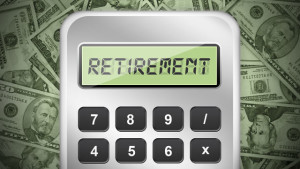 Today’s top story: How to save for retirement without a 401(k). Also in the news: Checking your 401(k) fees, the tax consequences of renting your home on Airbnb, and smart money moves for soldiers and military veterans.
Today’s top story: How to save for retirement without a 401(k). Also in the news: Checking your 401(k) fees, the tax consequences of renting your home on Airbnb, and smart money moves for soldiers and military veterans.
5 Ways to Save for Retirement Besides a 401K
401(k) alternatives.
Why You Should Check Your 401(k) Plan’s Fees
Looking out for dents in your nest egg.
Renting Your Home On Airbnb? Be Aware Of The Tax Consequences
That extra cash could be costly.
5 Smart Money Moves for Soldiers and Military Veterans
Defending your finances.
Beware Lifestyle Inflation When Your Home’s Equity Increases
Avoid spending more.
